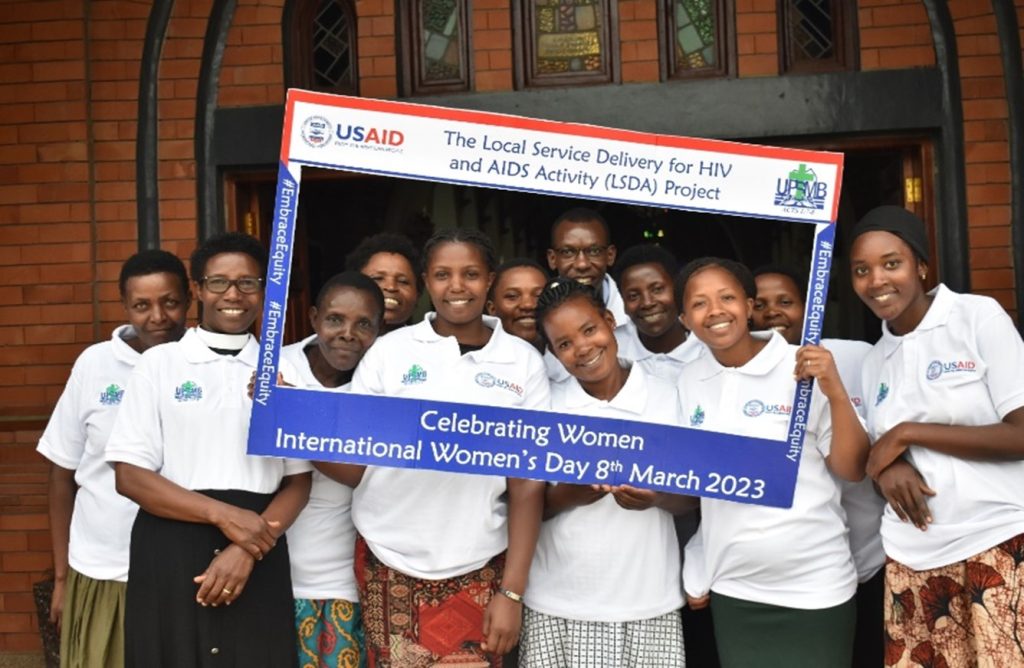Success Stories A Gender Based Violence Survivor Recounts How She Got Help from A Health Facility

“Where do I go now that home has becomes a living nightmare?” That’s the question that kept running in the mind of Kenteha Jovia (not real name), 43 years, a resident of Mbarara city.
Jovia lived with her husband with whom they were married for 10 years until 2022 when they separated. She was in an abusive relationship. Her husband was an alcoholic who had abandoned his responsibility of care to the family.
“He would shout at me and while he was at home, things were not always good. He wanted me to pay the house rent and buy food. When I tried to complain, he would threaten to kill me. I was in this situation for two years. I tried to get help from Police, but things did not work out.” Says Jovia.
Having failed to get help from the law enforcers, Jovia decided to talk to a Counsellor at TASO Mbarara, where she receives HIV treatment and care. She knew a friend who went through a similar situation like hers and was assisted by TASO. This motivated her to seek support from TASO.
At TASO, Jovia and her husband received counselling sessions to find solutions to their marital challenges. However, the alcoholism and threats continued despite the intervention. The counsellor wrote a referral letter to the LCI chairperson of Kiswahili cell to support Jovia.
Young girls pose for a photo with a Reverend after a GBV sensitization talk at church.
“The Counsellor wrote for me a letter which I took to the LCI Chairperson of my village. He knew my husband and his bad drinking habits. I resolved that I wanted the man out of my house since I was receiving no support from him. The LCI requested the man to remove all his things from the house. That’s how I regained my freedom,” narrates Jovia.
USAID funded Local Service Delivery for HIV/AIDS (LSDA) activity is working with 188 Private Not for Profit (PNFP) health facilities to respond to Gender Based Violence (GBV) through community and facility-based interventions. Gender based violence is a harmful verbal or physical act against an individual due to unequal power relations.
Between October 2022 and September 2023, LSDA served 7,502 GBV survivors. Among those served, 6,050 received post GBV care services, 1,452 post rape care and 510 received post exposure prophylaxis – a treatment given to HIV negative individuals after exposure to high-risk HIV events.
LSDA is providing post GBV minimum care package to survivors of Sexual GBV presenting at supported PNFP health facilities. These services are meant to prevent the spread of HIV and combat violence through providing referral services to other actors.
This success story is made possible by the generous support of the American People through the United States Agency for International Development (USAID). The contents of the story are the responsibility of UPMB and do not necessarily reflect the views of USAID or the United States Government.